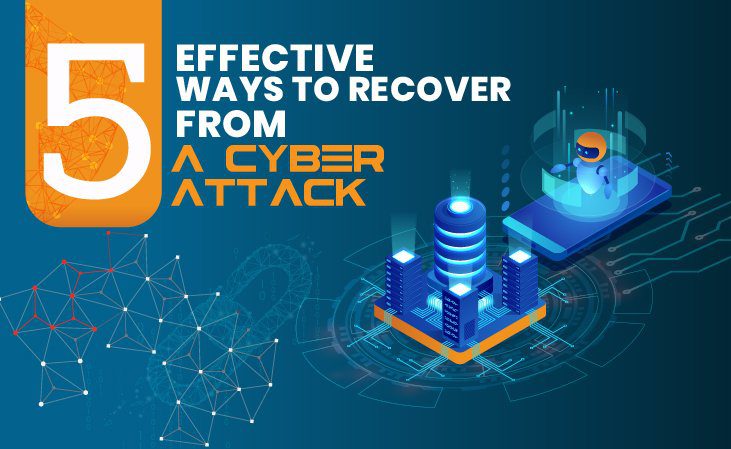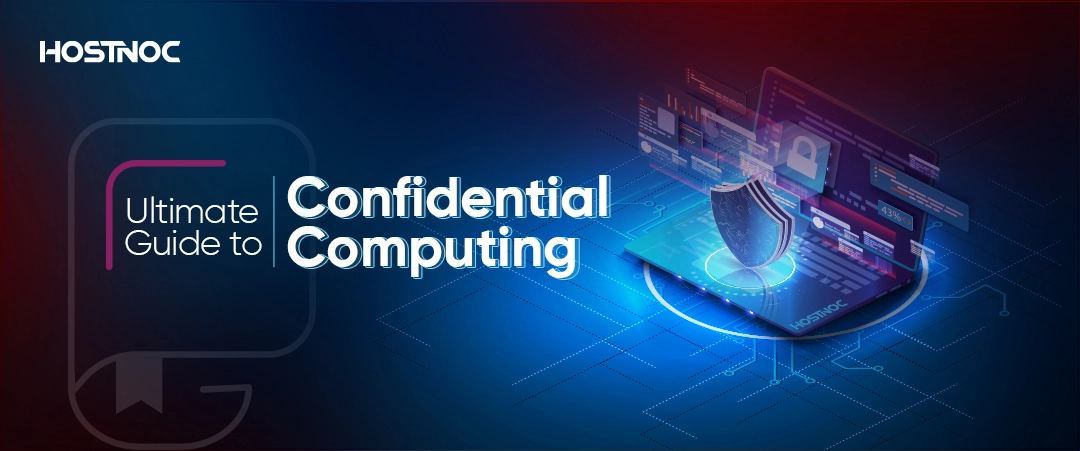5 Effective Ways in Which CIOs Can Master Business Communication

6 Patching Tips from Experts That Will Help You in A Pandemic
June 1, 2020
5 Effective Ways to Recover from A Cyber Attack
June 17, 2020Communication can play an important role in the success and failure of your IT team. That is why it is essential for cybersecurity leaders to hone their business communication skills so they can convey their message in an effective way. On the contrary, inadequate or lack of communication can lead to many issues. Business leaders will struggle to assess project success accurately. Senior management will be unaware of the needs and wants of their team, which can lead to poor productivity, low morale, and increased friction between team members.
Business leaders must justify that IT is adding value to the business to get cybersecurity budgets approved by board members. For this, IT teams should align their department’s goals to the vision and mission of the company. Cybersecurity leaders will struggle to convince board members if they lack the necessary communication skills. They will have to back up their claims with data to convince board members.
In this article, you will learn about five effective ways in which CIOs can master business communications.
1. Craft Your Message
How cybersecurity leaders craft their message will determine whether their messages get heard or ignored by the stakeholders. To create a persuasive message, it is important to understand the goals you want to achieve. Secondly, you need to understand your audience, in this case, the team members or board members. When you are crystal clear about the outcome you want to achieve, you can tailor your message in a way that it can fulfill a purpose.
2. Choose the Right Medium
If your message is being rejected by board members, you should ask yourself whether you are choosing the right medium for your messages or not. Even important messages can be ignored if you did not craft it properly or it is delivered poorly. An important point mentioned at the end of a boring presentation can easily get bypassed by your audience. Similarly, you should consider which medium is the right one to convey your message. If you are using multiple mediums, your messages should be consistently coordinated to achieve the desired results. For instance, if you raised a point in an email, you need to back it up with data or plan of action to justify your claims.
Aaron Powell, Chief Digital Officer at NHS Blood and Transplant, uses an interesting technique to convince board members. He said, “The best analogies that I can use that make sense with my board are the analogies that fit the medical language that they’re using on a day to day basis because that’s the context that we work in. I think the number one tip I could give you for influencing the board is making sure that whatever you’re doing, your remembering what the organization is there for because that it’s all about.”
3. Have Allies
Most successful CIOs know the importance of having allies spread across different sections of the organization to provide them support for their initiatives. Take feedback from these allies about initiatives you will propose in front of board members and listen to what they say. Tweak your pitch and presentation according to their feedback. The more influencers and technical experts you have on your side, the easier it is for you to convince board members about your future moves. Choose influencers and technical experts whose interests align with yours and are willing to support you in your cause.
4. Timing is Everything
Have you ever heard the saying, “Strike when the iron is hot“? It clearly shows that the timing of your message is as important if not more than other factors that can decide the success and failure of your message. As a cybersecurity leader, you need to ask yourself when is the best time to deliver their message? Your idea for a sound investment in buying the best dedicated servers will not be entertained after a bad financial news or when your business is going through a restructuring or overhauling process.
Similarly, your colleague’s poor suggestion can get the approval from board members when your business is growing at a rapid rate. You need to keep these things in mind when pitching ideas to board members. Keep an eye on what’s happening around you and understand how it will impact your business before choosing the right time to send your message.
5. Space
Just like the medium, the environment your message is being conveyed in can influence how your message is being perceived. Before conveying your message, you need to ask yourself is your message right fit for the environment you are conveying it in. Whether you convey your message during a meeting, an interactive one to one session, on the phone or via the email, your message should align with the environment it is being conveyed in.
What are the biggest challenges CIOs face during business communication? Share your thoughts with us in the comments section below.



